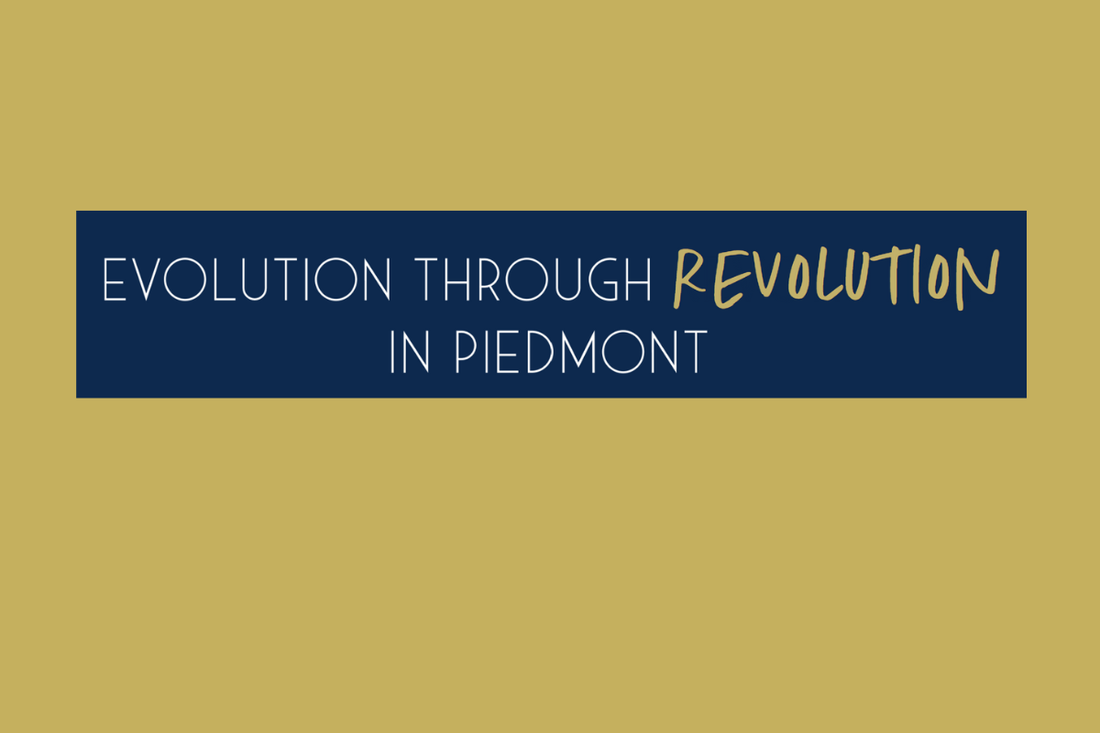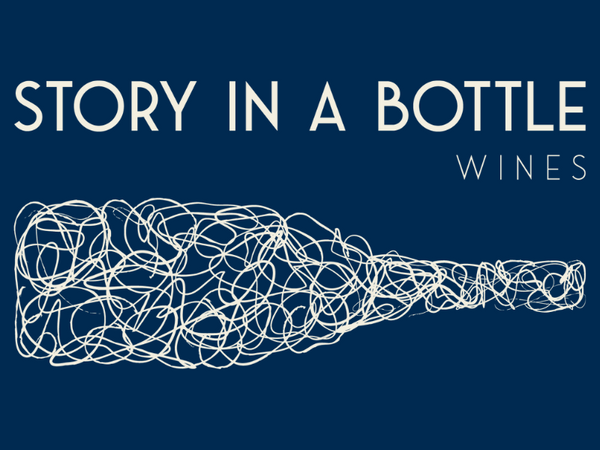
Evolution Through Revolution in Piedmont
Share
The evolution of winemaking in Piedmont has been shaped by a history of revolution.
Prior to its coronation as the “wine of kings and the king of wines” in the mid-19th century, Barolo, the wine most associated with Piedmont, was seen as sweet and unstable. That changed in 1845 when Italian statesman and winemaker Camillo Benso di Cavour, who later became the first Prime Minister of a united Italy, urged winemakers in Piedmont to join him on an “enological crusade” to make Barolos that would rival the famous Grand Crus of Burgundy.
Cavour’s revolution worked for a time but was derailed by a series of hardships, from the phylloxera outbreak in the late 1800s to two world wars that left Piedmont in ruins. Winemaking in the region suffered setbacks as workers fled to cities to find jobs in manufacturing and many producers turned to producing low quality bulk wine to survive.
That all changed in the 1980s, when a group of young winemakers in Piedmont challenged the status quo. In what later became known as the Barolo Boys Revolution, this group of mostly unknown winemakers rejected what they saw as outdated techniques. They modernized old and poorly ventilated cellars, used riper fruit, shortened maceration times, and utilized smaller French barriques instead of large Slavonian oaks casts. The resulting wines were fruitier and more approachable.
The Barolo Boys sparked a fierce debate between traditionalists and modernists, a debate that continues today, but their rebellion also redefined what Barolo could be and thrust Barolo and Piedmont back onto the global stage.
The latest generation of winemakers across Piedmont, including many women, are leading a new revolution focused on sustainable and organic farming and minimal intervention. They are trying single cru bottlings, experimenting with neutral aging in concrete, and even moving away from traditional labels to more modern and artistic ones designed to connect with younger audiences.
Some of our favorite rebellious winemakers from Piedmont include Alberto Ballarin, Sarah Moscone, Clementina and Giulia Cossetti.
